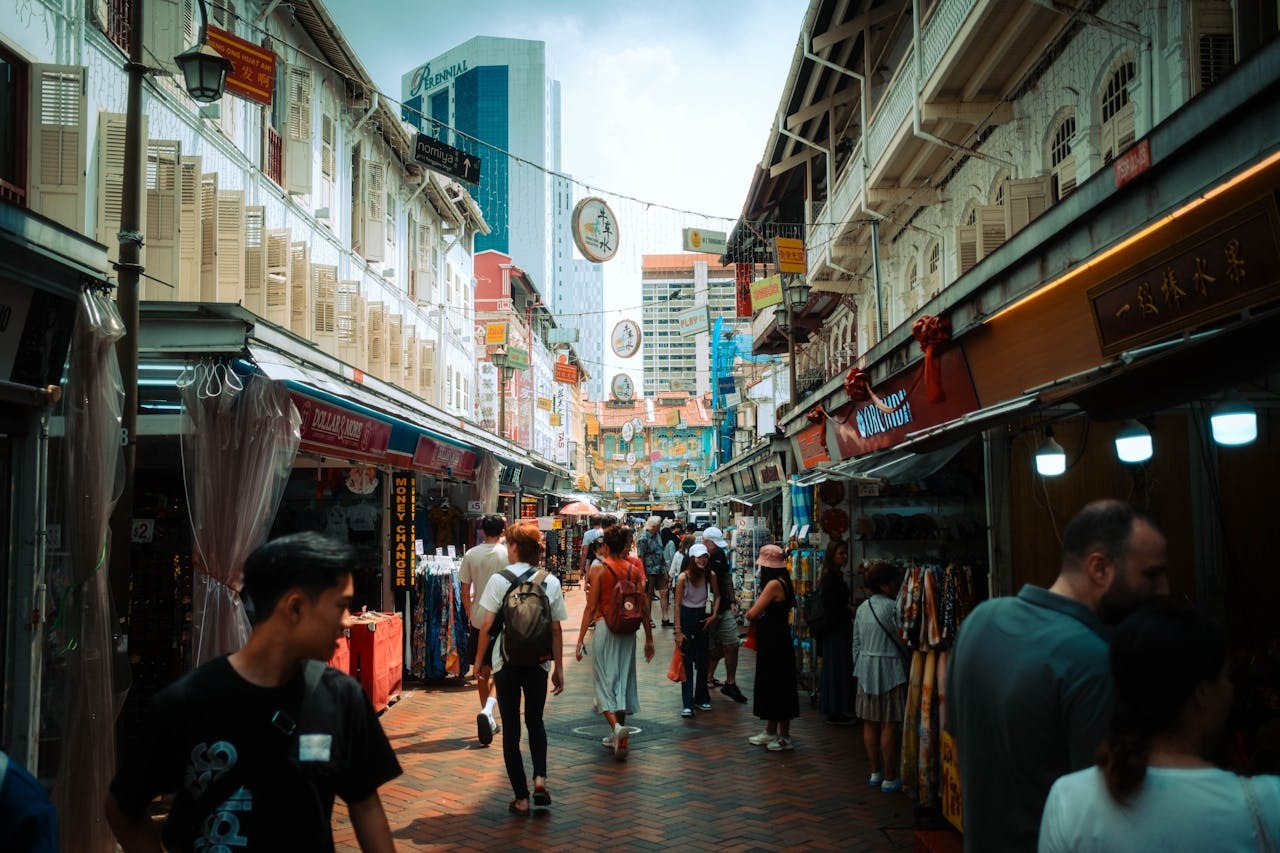Do expats feel welcomed in Singapore? It depends who you ask
In a matter of weeks, nationalist rhetoric in Singapore will be cranked up to never-before-seen levels as the entire city takes to the streets for National Day, this year marking the 60th anniversary of independence. If the sneak preview rehearsals are anything to go by, it will be a riot of fireworks and flypasts, all designed to instill pride in citizens and, just as pertinently, put on a show for residents and visitors who are here on a less permanent basis.
But are foreigners, specifically expats, generally welcomed in Singapore? On the face of it, the question seems irrelevant. It is regularly voted the best place to be an expat in Asia and one of the best overall, with only cost of living holding it back from taking on the likes of Auckland and Vancouver. And yet whenever economic belts tighten – as they did post-financial crisis, during the pandemic and, potentially, will again soon in the wake of tariff-induced chaos – anti-foreigner sentiment rises to the surface.
A recent survey found two fifths of young people have either lost a job to someone from overseas, or know someone who has. There are concerns over lack of integration, and the effect expats have on progression. Demands to admit fewer foreign workers were heard frequently in the recent election campaign. The government, while consistently reminding voters access to global skills is the key to lifting the economy for the benefit of all, has been tightening wage requirements for treasured employment passes.

I explored the situation for a forthcoming edition of the CIPD’s Work magazine and reached into a number of expat WhatsApp groups to test sentiment. It revealed a huge divergence of opinion among westerners, including those who reported being told frequently to ‘go home’ or being shunned by neighbours. Others pointed out, quite rightly, that the woes of a white, relatively privileged workforce hardly compare to the experience of those from other parts of Asia. Some felt white men, in particular, were too revered in the office, evidence of a lingering post-colonial mindset.
There were also many people who had been in Singapore for many years and felt it was a welcoming, prosperous place full of opportunity which is particularly well calibrated for families. In a way, all these experiences are valid and equally correct. Expats here are a political football and are often subjected to low-level resentment which occasionally boils over – having visited in the run-up to the 2015 elections, there was palpable anger on the streets about access to opportunity back then,with expats taking the heat.
They also don’t help themselves, however. Many live ostentatiously in a city where inequality is little discussed but still present. There have been well-publicised incidents of poor behaviour or ingratitude from expats who have made a good living from being in Singapore. And integration is a two-way street; expats tend to cluster around certain parts of the country which typically boast sourdough bakeries and welcoming watering holes but often don’t take the time to explore more traditional areas or veer off the beaten track.
Singapore’s growing pains in this area are not exactly unexpected for a city trying something unique – aiming to retain local character and prioritise opportunities for citizens while remaining relentlessly open for business and cosmopolitan in its outlook. It’s not Dubai, where the presence of expats is so ubiquitous it’s no longer even commented on, nor is it Japan, where the popular backlash against foreigners defies demographic and economic common sense. Singapore, as always, will try, however imperfectly, to offer the best of both worlds.
Post a comment